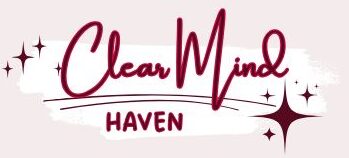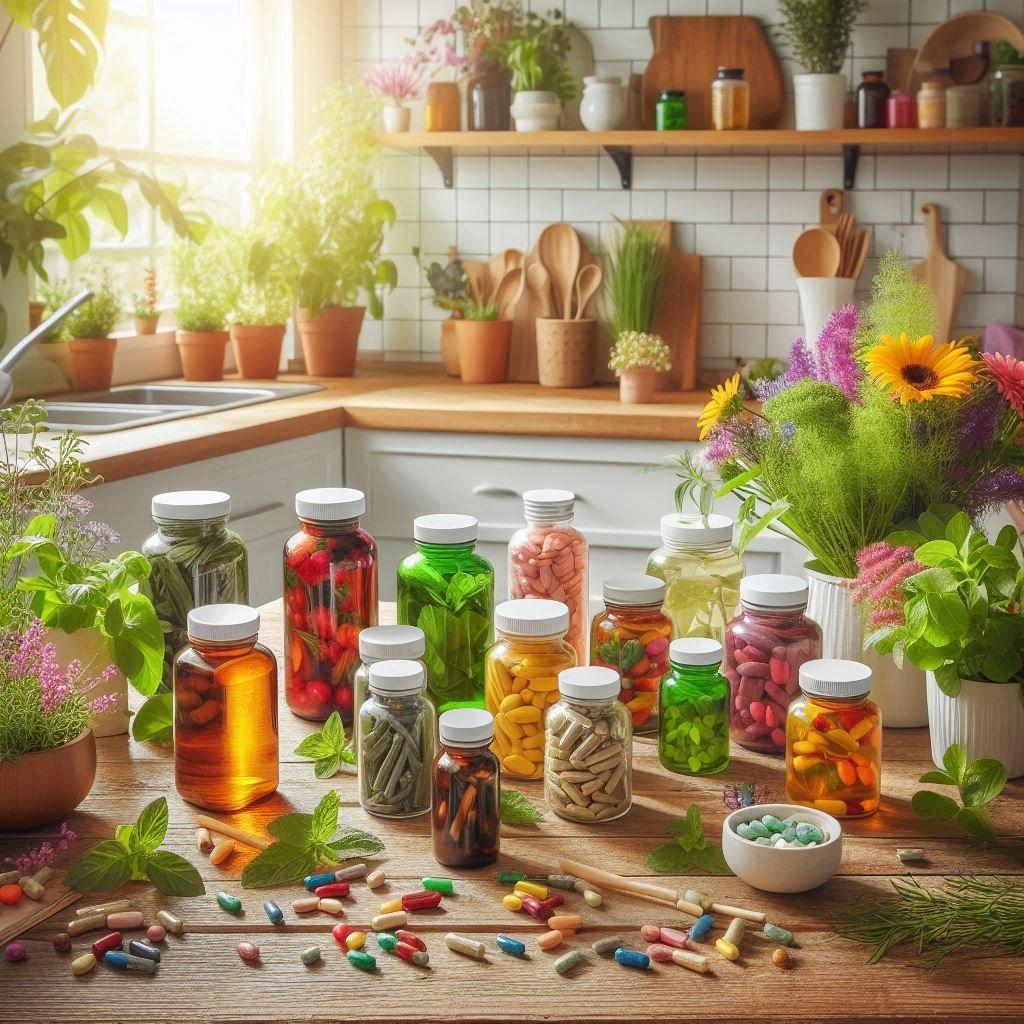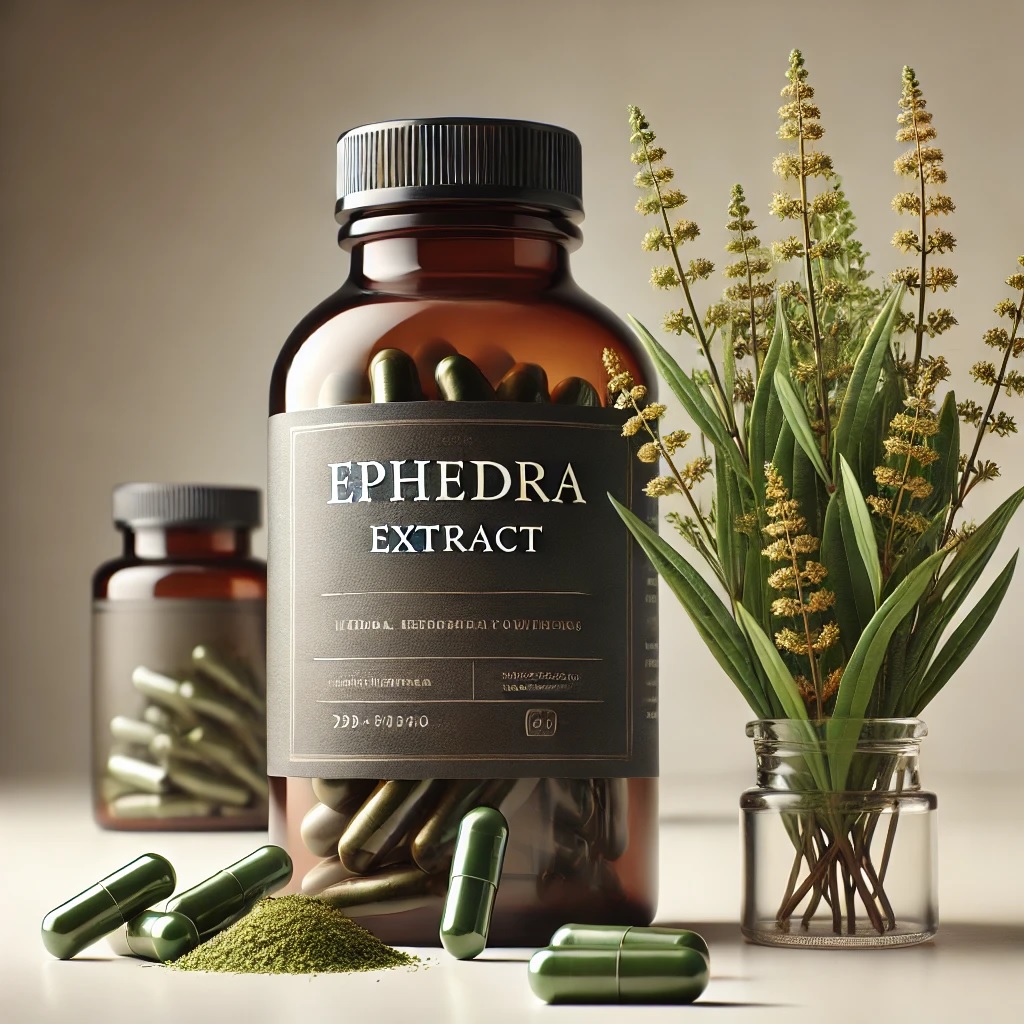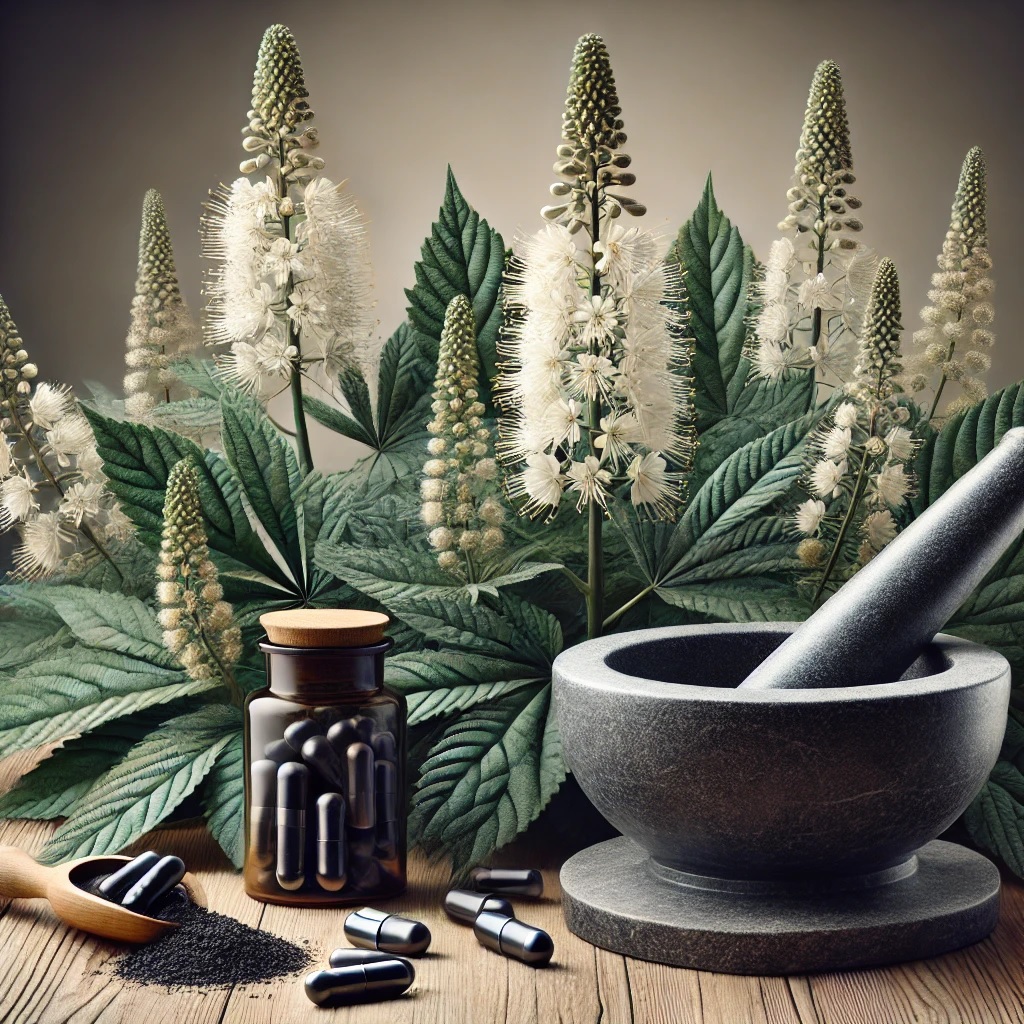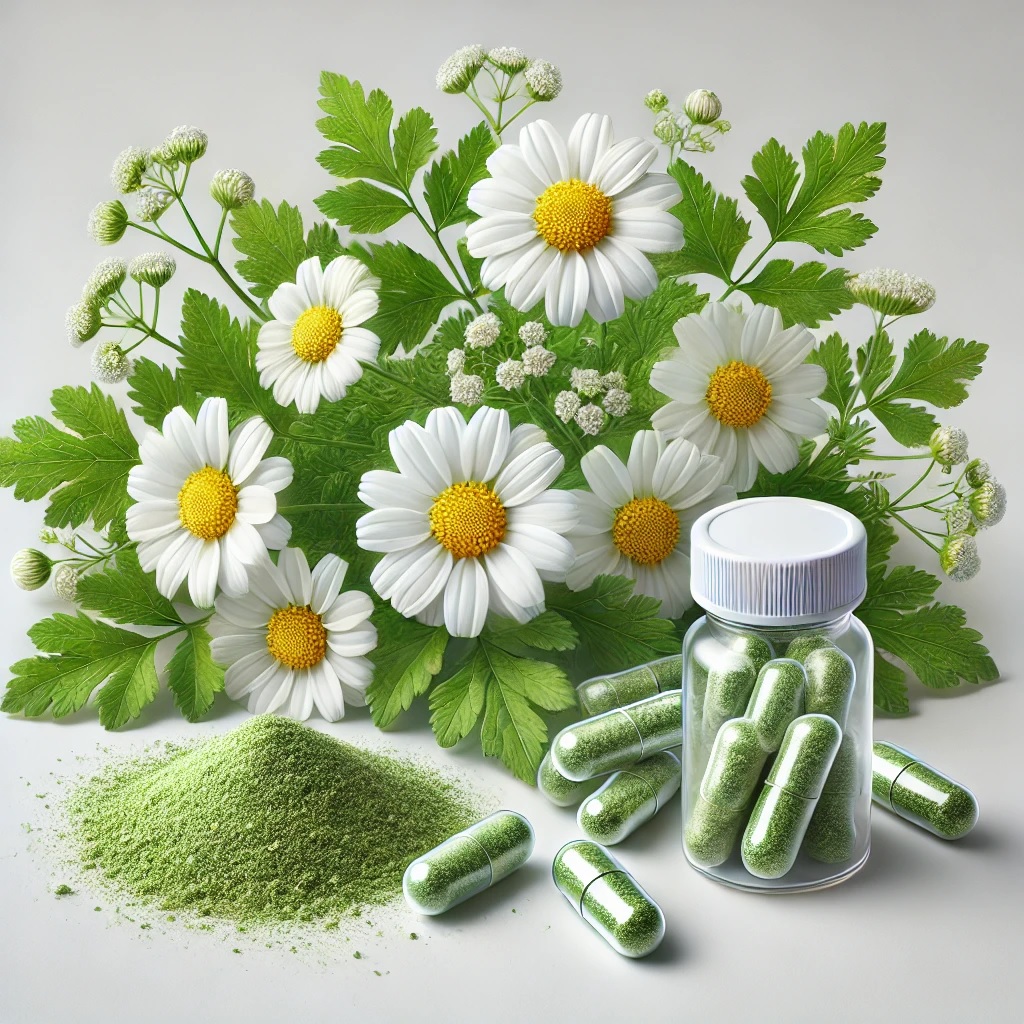Herbal supplements have been used for centuries to promote health and treat ailments. While they offer natural healing benefits, many people are unaware of their potential risks. Natural doesn’t always mean safe, so it is essential to take advice from your doctor before using any supplement. Our Online trusted website give you complete details about Herbal Supplements in the USA>
1. Licorice Root
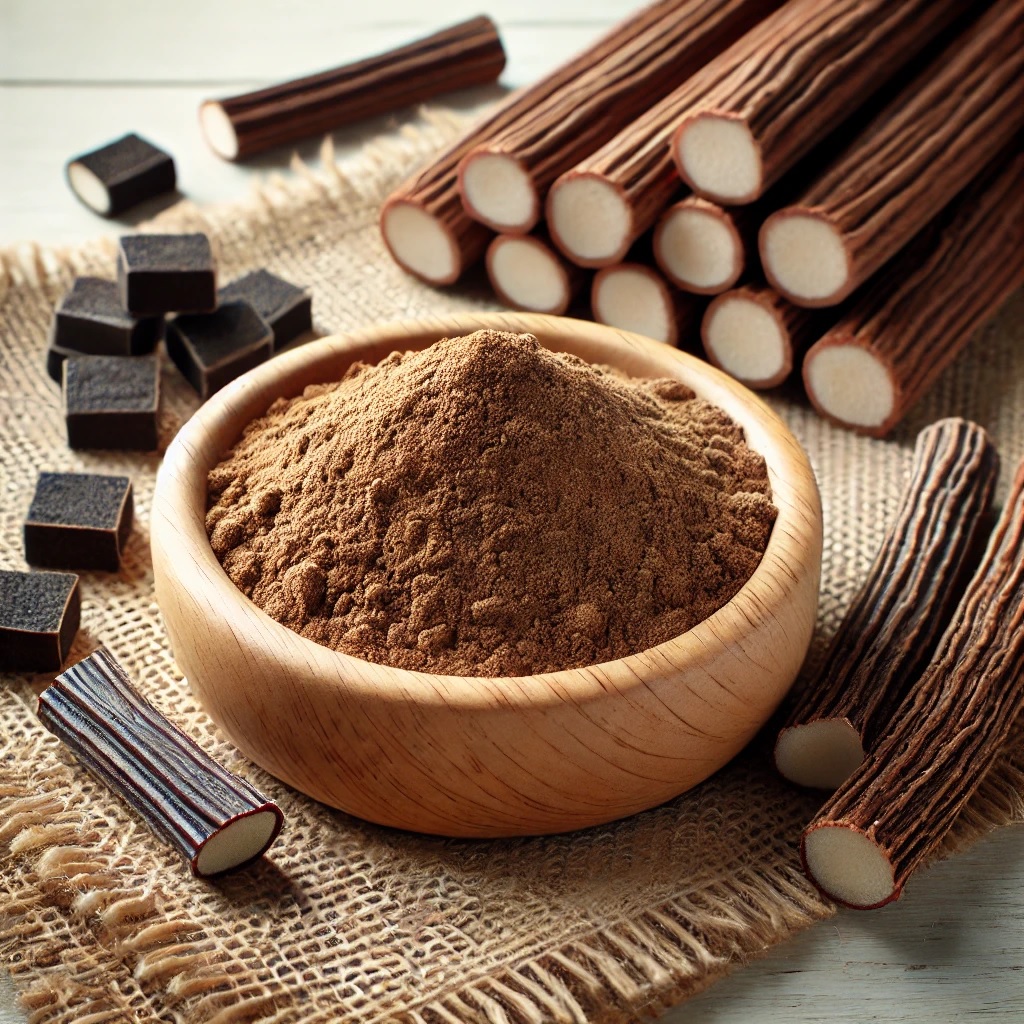
People commonly use the root and rhizome of this plant for medicine. It helps treat digestive problems, sore throats, and respiratory infections. The plant contains glycyrrhizin, a compound that reduces inflammation and boosts immunity. Many also use it to flavour candies, foods, drinks, and tobacco.
However, eating too much can raise blood pressure, lower potassium levels, and harm the heart. Those with high blood pressure, kidney disease, or on blood pressure medications should avoid it.
Reference: Stormer FC, Reistad R, Alexander J. Glycyrrhizic acid in liquorice—evaluation of health hazard. Food Chem Toxicol. 1993;31(4):303-312. doi:10.1016/0278-6915(93)90145-a.
2. St. John’s Wort
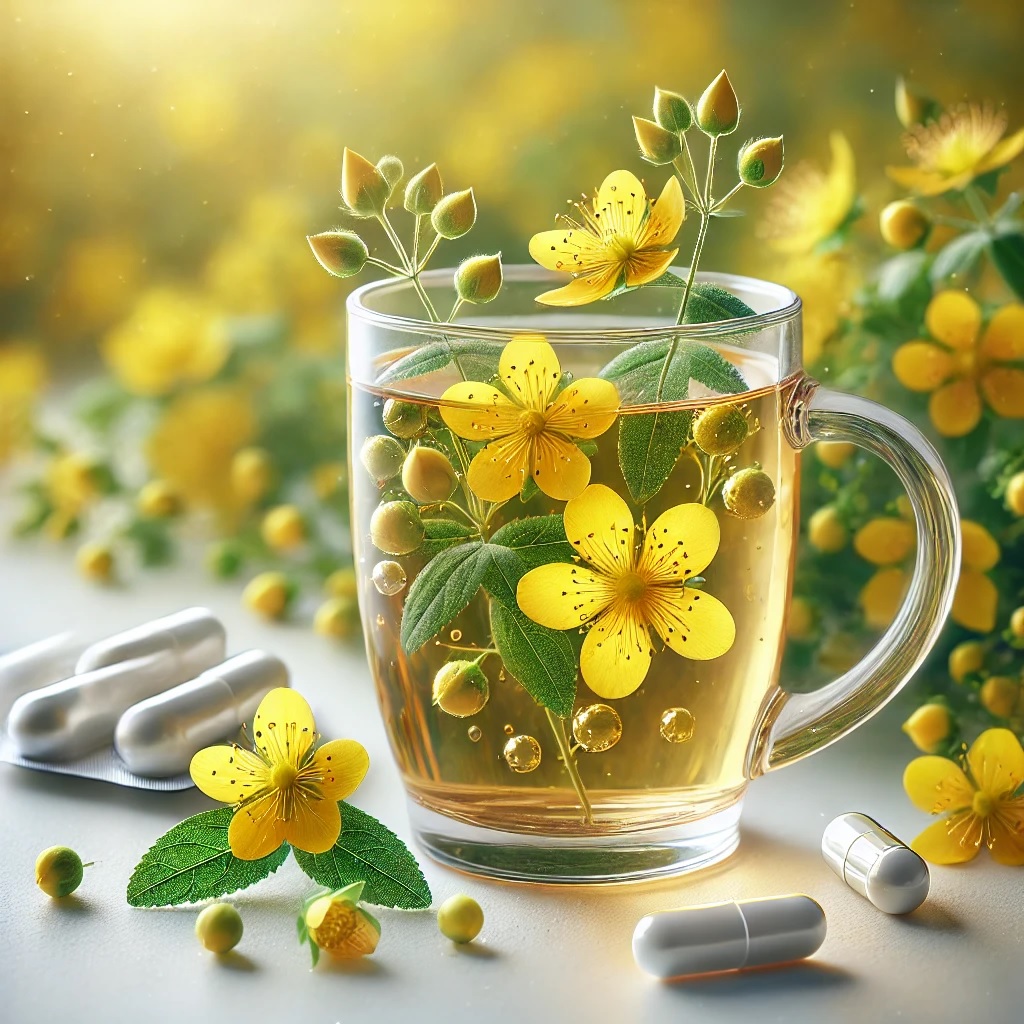
St. John’s wort is a yellow-flowered plant used in herbal medicine. People have used it since ancient Greek times, typically as tea, extracts, or capsules. Many take it to relieve depression, anxiety, and mood disorders. Some find it helps with sleep issues and menopausal symptoms.
This herb may cause side effects like sun sensitivity, dizziness, and dry mouth. It also interacts dangerously with antidepressants, birth control, and blood thinners. Always consult a doctor before using St. John’s wort.
Reference: Linde K, Berner MM, Kriston L. St John’s wort for major depression. Cochrane Database Syst Rev. 2008;(4):CD000448. doi:10.1002/14651858.CD000448.pub3.
3. Ephedra
Ephedra is one of the oldest herbal supplements, used in Ayurveda and Traditional Chinese Medicine for centuries. It effectively treats colds, coughs, fever, and respiratory issues like wheezing and congestion. Many also take it for weight loss, asthma, and stuffy noses.
Ephedra contains ephedrine, a compound that boosts energy and speeds up metabolism. However, the U.S. banned it because it can cause dangerous side effects. These include high blood pressure, heart attacks, strokes, and seizures.
Mixing ephedra with caffeine or other stimulants increases these risks. Always consult a doctor before using ephedra products.
Reference: Haller CA, Benowitz NL. Health risks, including cardiovascular and nervous system issues, associated with ephedra alkaloid supplements. N Engl J Med. 2000;343(25):1833-1838. doi:10.1056/NEJM200012213432502.
4. Black Cohosh
The root and rhizome of black cohosh are used for medicinal purposes. It helps reduce menopause symptoms like hot flashes, night sweats, and mood swings. Black cohosh works by affecting serotonin receptors, which control body temperature and mood. It may also improve sleep quality.
Although it doesn’t contain estrogen, it interacts with estrogen receptors. This interaction may ease vaginal dryness and discomfort. Some studies suggest black cohosh supports bone health and could slow bone loss. However, more research is needed to confirm its effects on osteoporosis.
Reference: Mahady GB, Low Dog T, Barrett ML. Black cohosh: An alternative therapy for menopausal symptoms. Am J Obstet Gynecol. 2008;199(5):445-450. doi: 10.1016/j.ajog.2008.08.034.
5. Nettle

Nettle is a nutrient-rich herb used in traditional medicine for centuries. People consume it as tea, capsules, or cooked greens to support joint health, reduce inflammation, and relieve allergies. Its leaves contain vitamins A, C, and iron. Nettle may also benefit urinary tract infections and prostate health. It has anti-inflammatory and diuretic properties. Skin disorders and urinary tract infections.
Handle fresh nettle carefully—its stinging hairs can irritate skin. Consult your doctor before use, especially if taking blood thinners or blood pressure medications.
Reference: Randall C, Randall H, Dobbs F, Hutton C, Sanders H. Randomized controlled trial of nettle sting for the treatment of allergic rhinitis. Phytother Res. 2003;17(10):1035-1039. doi:10.1002/ptr.1284.
6. Ginseng
Ginseng root is a potent herbal remedy known for its healing properties. It enhances energy, reduces stress, and improves focus. Studies indicate it may also support blood sugar control and immune function.
Possible adverse effects include sleeping issues, headaches, and stomach problems. It may interact with blood thinners, diabetes drugs, and immunosuppressants. Talk to your doctor before use.
Reference: Kennedy DO, Scholey AB. Ginseng: Potential for cognitive enhancement and neuroprotection. Pharmacol Biochem Behav. 2003;75(3):687-700. doi:10.1016/S0091-3057(03)00126-6.
7. Ginkgo Biloba

Ginkgo biloba leaves boost memory, focus, and brain function by increasing blood flow to the brain. They may also help reduce anxiety and protect nerve cells from damage. Some users report mild headaches, dizziness, or skin rashes. This herb can dangerously interact with blood thinners, antidepressants, and diabetes medications. Consult a doctor before taking ginkgo supplements, especially if pregnant or before surgery.
Reference: Weinmann S, Roll S, Schwarzbach C, Vauth C, Willich SN. Ginkgo biloba’s effects on dementia: A systematic review and meta-analysis. Lancet Neurol. 2010;9(9):851-860. doi:10.1016/S1474-4422(10)70146-0.
8. Golden Seal
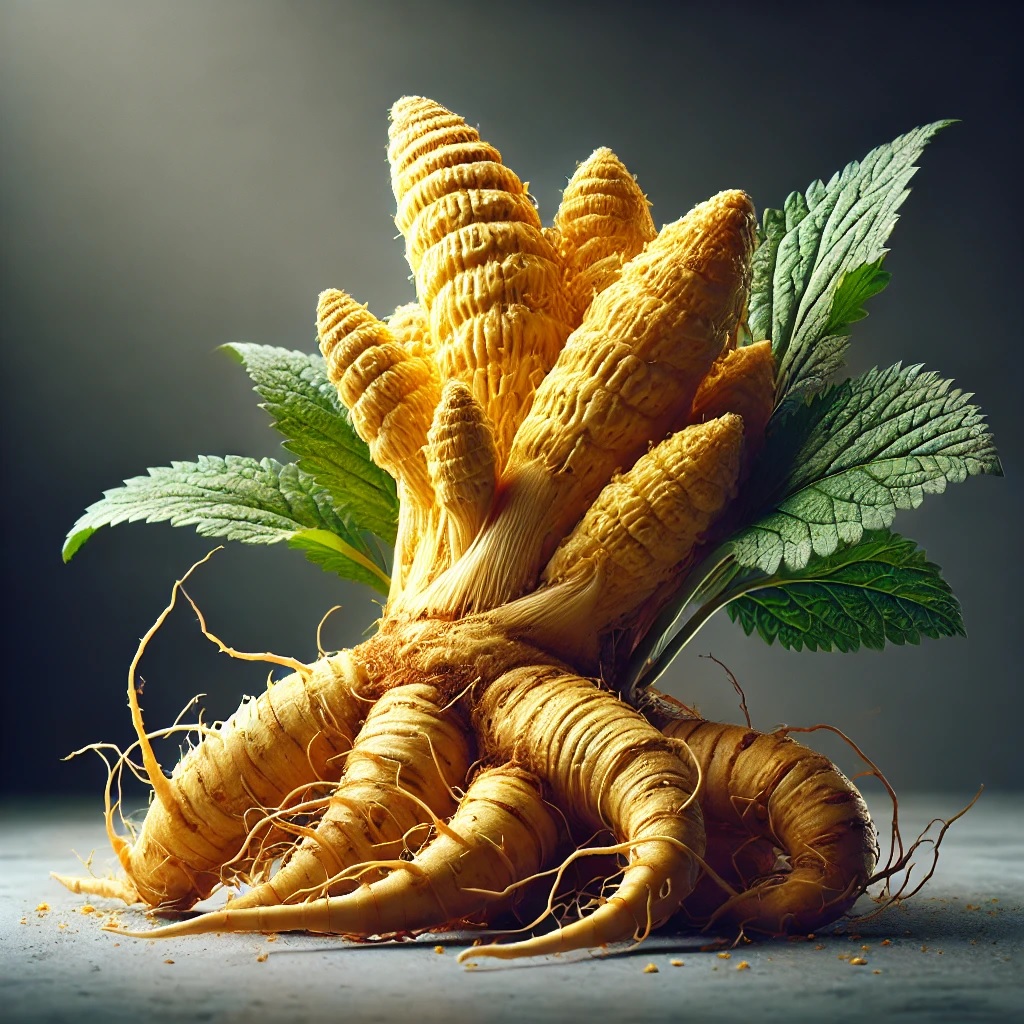
The root and rhizome of goldenseal contain berberine, making them valuable for treating digestive infections, UTIs, and topical wounds. These medicinal plant parts exhibit strong antimicrobial activity against bacteria, protozoa, and fungi. Clinical trials support using goldenseal root and rhizome preparations for diarrhea and respiratory infections. Practitioners often combine them with echinacea for enhanced immune support. Side effects include nausea and sensitivity to sunlight. Avoid during pregnancy and with blood pressure medications.
Reference: Ette EI, Essien EE. Berberine: Pharmacological basis for its therapeutic applications. Am J Ther. 2007;14(3):293-312. doi:10.1097/MJT.0b013e31802b441b.
9. Turmeric
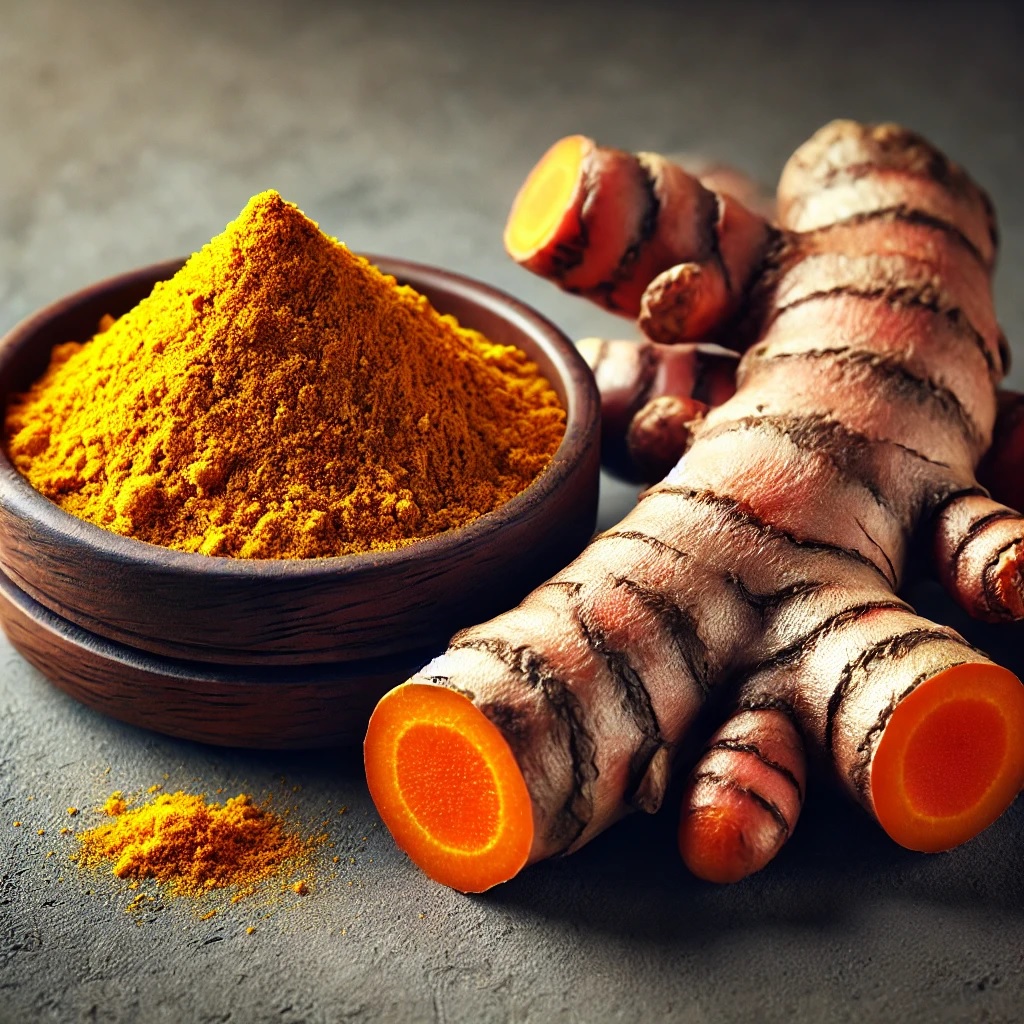
This powerful spice fights inflammation with its active compound curcumin, which works as effectively as some ulcer medications. Many use turmeric to ease joint pain, improve digestion, and reduce bloating. The root’s anti-inflammatory properties help heal wounds faster while protecting the stomach lining. For best results, take 500-1000 mg of curcumin daily with black pepper to boost absorption. You can also mix half a teaspoon of turmeric powder in warm milk or water. Studies confirm turmeric works like omeprazole for reducing stomach acidity and inflammation.
- Gupta SC, Patchva S, Aggarwal BB. Therapeutic roles of curcumin: lessons learned from clinical trials. AAPS J. 2013;15(1):195-218. doi:10.1208/s12248-012-9432-8
- Hewlings SJ, Kalman DS. An overview of curcumin’s effects on human health. Foods. 2017;6(10):92. doi:10.3390/foods6100092
- Daily JW, et al. Efficacy of Turmeric Extracts on Knee Osteoarthritis. J Med Food. 2016;19(8):717-729. doi:10.1089/jmf.2016.3705.
10. Feverfew
Feverfew leaves are commonly used to prevent migraines and reduce headache frequency. This herb has anti-inflammatory properties and helps alleviate fever symptoms while supporting respiratory health. Many people use it to relieve colds and mild coughs due to its expectorant effects. However, chewing raw feverfew leaves may cause mouth ulcers or irritation. Some users also experience nausea or bloating.
Feverfew can increase the risk of bleeding, so it should be avoided before surgeries. Those allergic to ragweed should exercise caution, as feverfew may trigger similar allergic reactions. For migraine prevention, a standardized extract of 50 – 100 mg daily is recommended. Always consult a doctor before using feverfew, especially if taking blood thinners.
Reference: Pareek A, et al. Phytotherapy Research. 2011 (PMID: 20848571). Murphy JJ, et al. The Lancet. 1988 (PMID: 2894573). WHO Monographs on Selected Medicinal Plants, Vol. 2, 2004. NIH MedlinePlus, 2022. Heptinstall S, et al. The Lancet. 1985 (PMID: 2861310). The American Academy of Asthma, Immunology, and Allergy, 2023. ESCOP Monographs on Medicinal Plants, 2003.
Is It Safe to Use Herbal Supplements?
It’s important to understand that herbal medicines are not regulated by the U.S. Food and Drug Administration (FDA), which does not monitor in the same way as pharmaceutical drugs. Unlike prescription medications, they do not go through FDA-approved clinical trials to test their safety and effectiveness. Many people assume herbal supplements are safe just because they come from natural sources, but this is not always true. Some herbs can cause mild to severe side effects, especially when taken in high doses or combined with other medications.
While the FDA has the authority to remove dangerous drugs from the market, it has only banned a few herbal supplements so far. Many herbal products are sold in stores without being proven safe. Below, I will discuss some of the most popular and widely used herbal supplements, along with their potential risks.
Herbal supplements provide natural remedies for various health concerns. Scientific research and expert advice guide their safe use. Understanding their benefits and risks helps prevent complications. Consult a healthcare professional before adding them to your routine to ensure they work well with existing treatments.
Want to Read More?
- Read more about [The Best Vitamins for Kids and Teens Do they Need Supplements?]
- Stay connected with us, Click here
